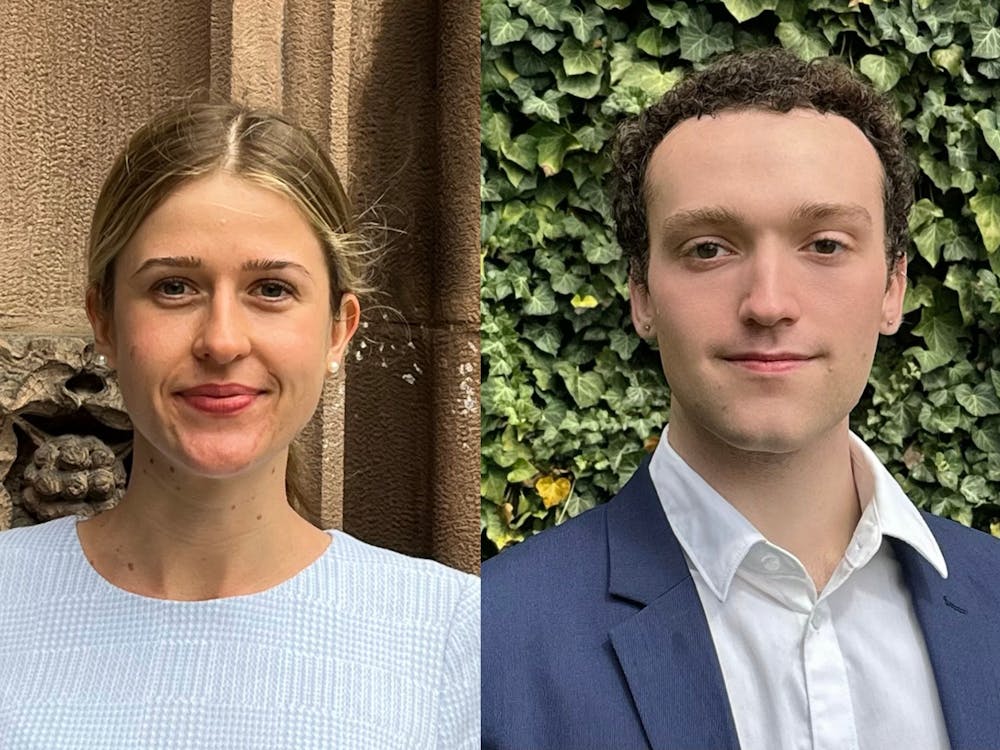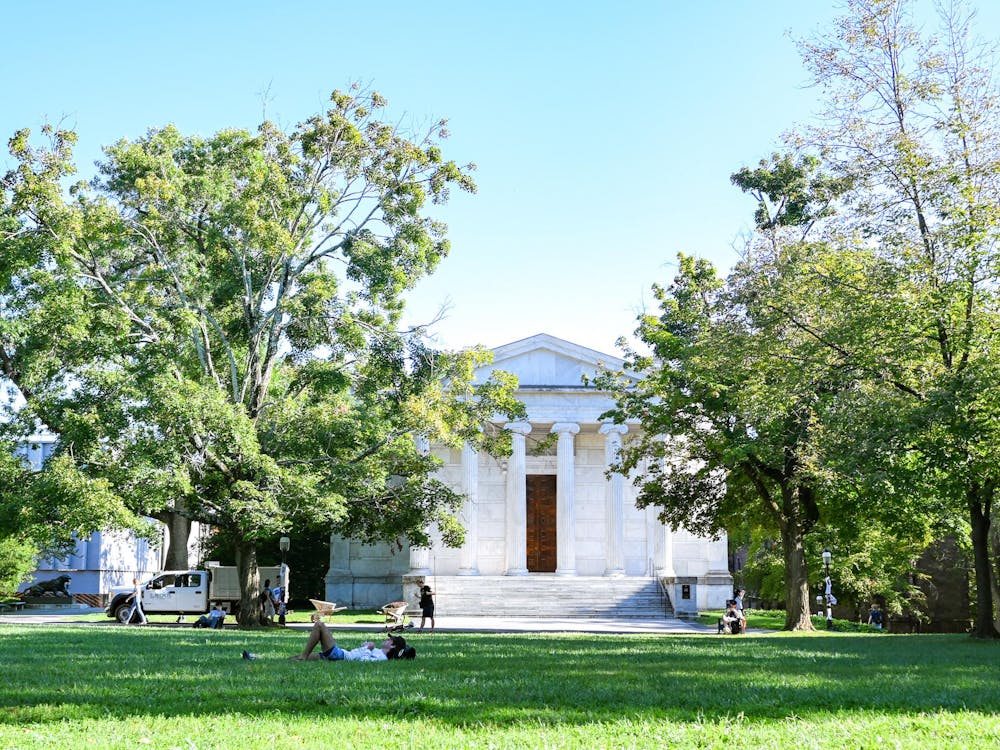Humanistic imagination is crucial in forging a public culture that enables respectful discourse to bridge the increasingly polarized society, University President Christopher Eisgruber ’83 said at the University’s 269th Commencement on Tuesday.
Noting how the American society has become more and more polarizing over the past years, Eisgruber said that the University’s residential liberal arts education can forge discussions about ideas that can bind people together and allow students to connect with one another as fellow human beings despite their difference.
Referring to the recent campus dialogues on diversity and inclusion, Eisgruber noted that for the University community to collectively decide about its future, it is crucial to understand each other.“Understanding one another requires, among other things, finding new ways to comprehend the history that has affected, and continues to affect, different groups and individuals in different ways,” he said.
He noted how the musical “Hamilton” provides inspirational narrative of America that transcends the political line, explaining that imagination and creative construction can allow us to claim our pasts in new ways.
“The world that awaits you will sometimes be frustrating and difficult, but it is a world that needs your talents, your citizenship and your engagement,” he added.
Valedictorian Cameron Platt ’16, an English major, reflected on the importance of speech and conversation.
Noting that she is less interested in the freedom of speech than in what people decide to do with that freedom, Platt praised her classmates who have “stood up, spoken out and declared that no one should have to suffer under the silence that is so often the burden of a marginalized identity” throughout the year.
Platt noted how speech can heal the “aches of the silences” through the story of her grandfather who died of AIDS before she was born and whose story was silenced until recently. She said hearing people voicing out to similar stories helped her heal, and added how our lives and stories can extend towards and touch other lives.
“We find and we form ourselves, always, in how we choose to relate to others. And how we relate so often starts with how we talk to each other,” she said. “If we listen, and if we use our voices well, we have the power to hear each other and to make each other heard. With enough work, I belive, we have the power to move each other towards justice, towards hope, towards grace, towards love.”
She added that she hopes her classmates will keep talking and keep trying to say what haven’t been said yet.
Salutatorian Esther Kim ’16 read an address in Latin that revisited some of the memories that marks the experience of the Class of 2016’s time at the University.
Six recipients were also awarded honorary University degrees, presented by University Orator and Charter Trustee Robert Murley ’79 and conferred by Eisgruber.

Ben Bernanke received a Doctor of Law for his work as the Chairman of the Board of Governors of the U. S. Federal Reserve and for teaching at the University.
Eric Foner, a historian, was awarded a Doctor of Humane Letters for placing “many long overlooked at the center of history’s fiery trial,” according to his citation.
Shuli Hu, a Chinese journalist, received a Doctor of Law for her investigative works that often pressed the Chinese government on free expression and political transparency.
Robert Rivers Jr. ’53 received a Doctor of Humanities. Rivers Jr, a former University trustee, is one of the first African American students to be admitted to the University and the first African American to serve on the University’s Board.
Bryan Stevenson, a public-interest lawyer and the founding Executive Director of the Equal Justice Initiative, received a Doctor of Law for his works to instill fairness and humanity in the American criminal justice system.
Froma Zeitlin received a Doctor of Humane Letters. Zeitlin taught at the University between 1976 and 2010, and founded the Program in Judaic Studies in 1996.








